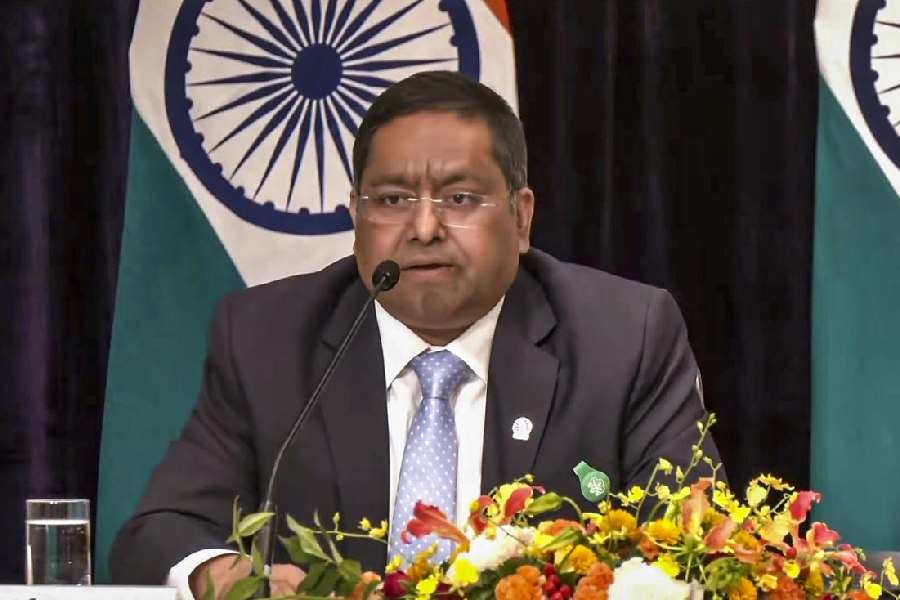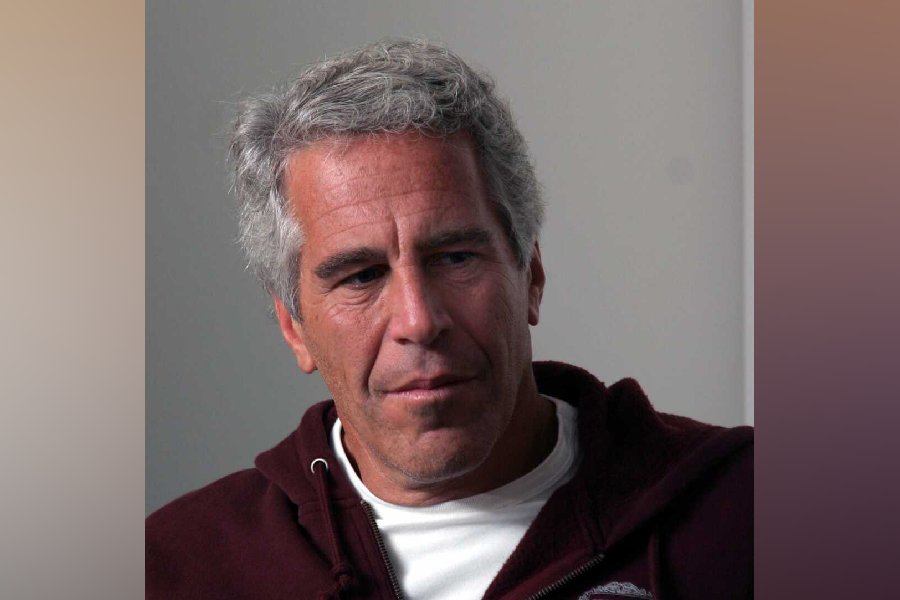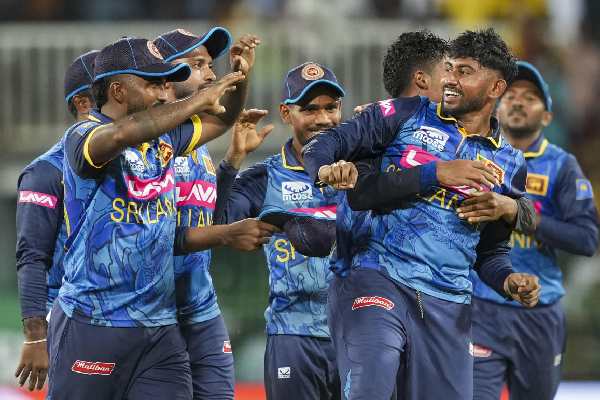The Supreme Court Wednesday asked whether convicts have a fundamental right to seek remission, as it heard petitions challenging the premature release of 11 convicts in the Bilkis Bano gangrape case and murder of seven of her family members during the 2002 Gujarat riots.
“Is the right to seek remission a fundamental right (of the convicts). Will a petition lie under Article 32 (that deals with citizens’ right to move SC directly if their fundamental rights are infringed) of the Constitution,” a bench of justices BV Nagarathna and Ujjal Bhuyan asked a lawyer appearing for one of the 11 convicts.
“No, it is not a fundamental right of the convicts,” the lawyer responded.
The victim and others also do not have the right to move the apex court directly by filing a petition under Article 32 as no fundamental right of theirs has been infringed either, he said. The lawyer said the victims have other statutory rights to challenge the grant of remission.
Another senior lawyer representing a convict said the grant of remission by the competent authority is open to judicial review before high courts under Article 226 of the Constitution.
Article 226 of the Constitution says the high court “shall have powers to issue orders or writs including habeas corpus..., to any person or any government for the enforcement of fundamental rights and for other purposes.” “Who is to say that remission has been granted after following the rules?” the bench wondered.
The lawyer responded, saying if at all this is a question, then remission has to be challenged in the high court and not directly in the top court under Article 32.
During the hearing, the bench objected to a lawyer's submission that after an accused has been convicted, “right or wrong”, by a court including the Supreme Court, and served the sentence before being granted remission, it was not open to challenge.
“What is this – right or wrong? You have been rightly convicted,” the bench told the lawyer sternly.
The lawyer said he only wanted to drive home the point that the convicts have already served the sentence for over 15 years.
“Balance of convenience tilts more towards the convicts since they have already served the sentence. Our criminal jurisprudence is based on the idea of reformation. The nature and severity of crime should not be seen at this stage but the conduct of the convicts in jail,” the lawyer said.
The arguments on behalf of the convicts concluded on Wednesday and now the court will hear rejoinder submissions of Bilkis Bano's counsel and others on October 4 at 2 pm.
The court had earlier observed some convicts are "more privileged" and secure the benefit of remission.
Senior advocate Siddharth Luthra, appearing for convict Ramesh Rupabhai Chandana, had said the grant of remission for reformation and rehabilitation of the convicts is a "settled position internationally" and the argument of Bilkis Bano and others that he cannot be granted the relief due to heinous nature of the offence cannot be invoked now after the Executive had taken a decision.
"Other side says retribution or deterrence and nothing less. That, in my opinion, is not an argument that can be made at this stage... the grant of remission cannot be approached through a punitive attitude. This is not in line with the policy of Indian law," he had said.
Luthra had said a Mumbai sessions court applied its judicial mind on the State's action and moreover, the convicts were handed down life term "simpliciter" (in simple manner or absolutely and without condition).
Prior to this, the top court had on August 17 said state governments should not be selective in granting remission to convicts and the opportunity to reform and reintegrate with society should be given to every prisoner.
TMC MP Mahua Moitra had told the apex court that the gang-rape of Bilkis Bano and murder of seven of her family members were a "crime against humanity", and accused the Gujarat government of having failed to exercise its constitutional mandate of protecting the rights of women and children by granting remission to the 11 convicts in the "horrendous" case.
Besides the petition filed by Bilkis Bano contesting the remission granted to them, several other PILs including one by CPI(M) leader Subhashini Ali, independent journalist Revati Laul and former vice-chancellor of Lucknow University Roop Rekha Verma have challenged the remission. Moitra has also filed a PIL against the remission.
Bilkis Bano was 21 years old and five months pregnant when she was gang-raped while fleeing the horror of the communal riots that broke out after the Godhra train-burning incident. Her three-year-old daughter was among the seven family members killed in the riots.
Except for the headline, this story has not been edited by The Telegraph Online staff and has been published from a syndicated feed.










